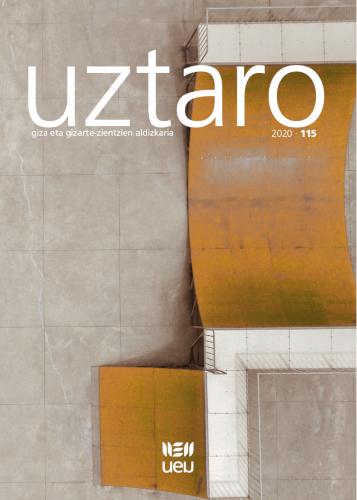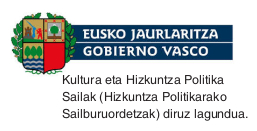Joxe Azurmendi evidence: transition mythology
DOI:
https://doi.org/10.26876/uztaro.115.2020.1Keywords:
Evidence, Historical mythology, Centralism, Non dependenceAbstract
Starting from the personal and family evidences of Azurmendi —verbigracia, two uncles shot by navarre troops and their father saved by the hair thanks to the support of a carlist chieftain—, and indicating the difficulty of transmitting them to the new generations of globalized and digitized Basque youths, we begin to account for the generation of the Spanish nation-state, nothing rational and liberal, revealing its mythical origin, focusing in particular on how difficult it has been these last two hundred years for Galicians, Catalans and Basques to remain Galician, Catalan and Basque, because the Spanish state has been shaped solely around the Castilian nation, and because it continues to reject a genuine plurinationality and confederal approach today. Given this centralism, Azurmendi proposes non-dependence on that State, as a last resort, not because independence is inescapable per se, but because in our case, located between centralized France and Spain, and divided, it is essential for their survival and development.
Downloads
License
Copyright (c) 2020 Uztaro

This work is licensed under a Creative Commons Attribution-NonCommercial-ShareAlike 4.0 International License.




















